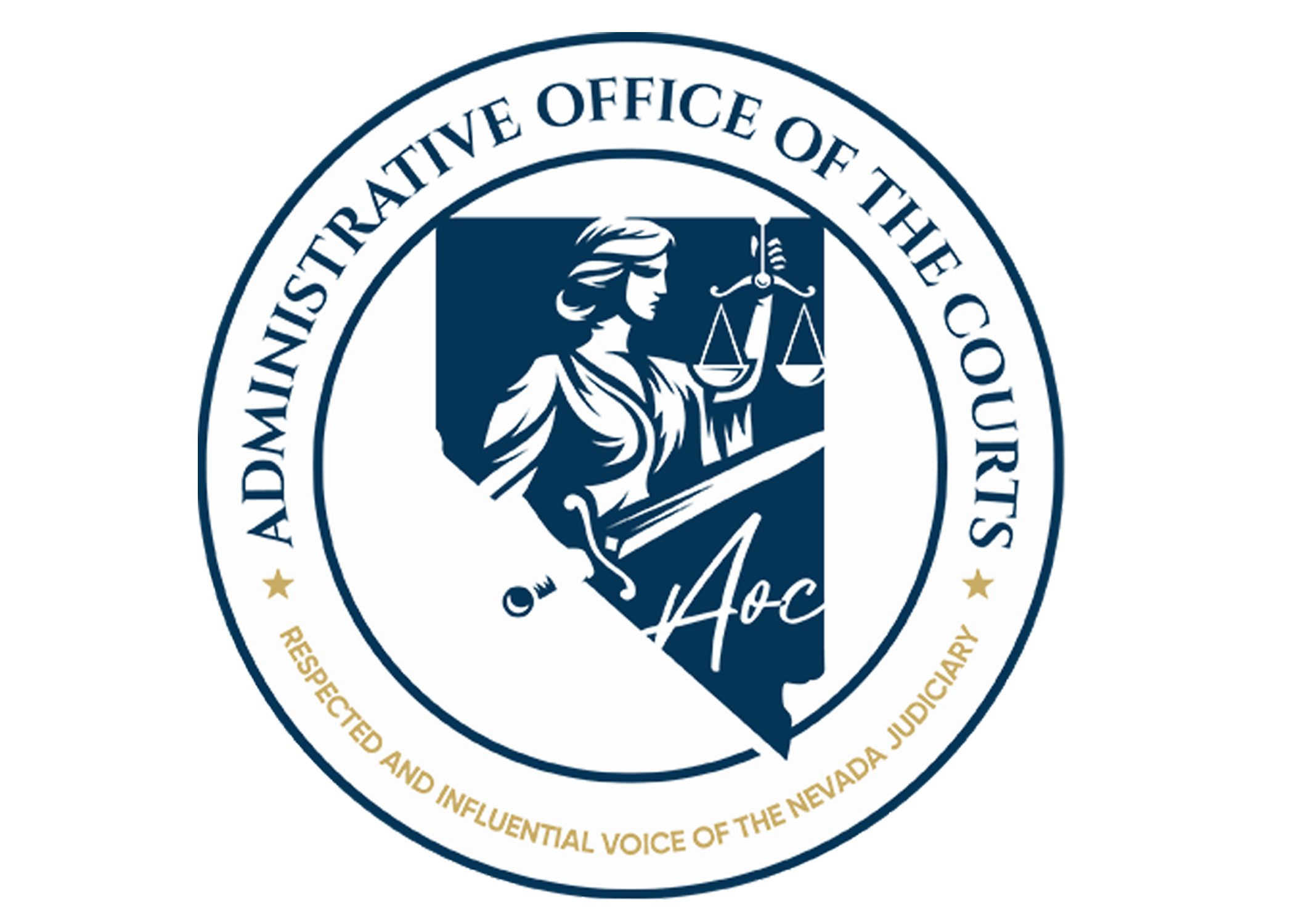Nevada Certified Court Interpreter Program Overview
Although the U.S. Constitution does not specifically guarantee the right to an interpreter for court proceedings, this right has been established by construing the Sixth Amendment (defendant’s right to confront adverse witnesses and his right to participate in his own defense, including the assistance of counsel) as well as the Fifth Amendment (due process clause), as applied to the states through the Fourteenth Amendment.
Title VI of the Civil Rights Act of 1964 provides that:
'no person in the United States shall, on the grounds of race, color, or national origin, be excluded from participation in, be denied the benefits of, or be subjected to discrimination under any program or activity receiving Federal financial assistance'.
Title VI and its regulation require recipients of federal financial assistance to take reasonable steps to ensure meaningful access to the information and services they provide to persons with limited English proficiency (LEP).
On August 11, 2000, President William Clinton issued Executive Order 13166, titled “Improving Access to Services by Persons with Limited English Proficiency.” The Order requires federal agencies to assess and address the needs of otherwise eligible persons seeking access to federally conducted programs and activities who, due to LEP, cannot fully and equally participate in or benefit from those programs and activities. In other words, every Federal agency that provides financial assistance to non-Federal entities must publish guidance on how their recipients can provide meaningful access to LEP persons. The U.S. Department of Justice (DOJ) published guidance to recipients of its funding programs, including the courts, in June 2002. According to the DOJ guidance, recipients have two main ways to provide language services and therefore ensure meaningful access by LEP person: oral (interpretation) and written (translation). Quality and accuracy of the language services are critical to avoid serious consequences to the LEP person and to the recipient. DOJ guidance further deals with the issue of what constitutes reasonable steps to ensure meaningful access. That determination will be contingent upon a number of factors, such as:
- The number or proportion of LEP persons in the eligible service population
- The frequency with which LEP individuals come in contact with the program
- The importance of the service provided by the program
- The resources available to the recipient
The Nevada Certified Court Interpreter Program was established in 2002 through Nevada Revised Statutes (NRS) 1.510. The Program’s primary function is to administer certification of court interpreters for courts to use with defendants, witnesses, and litigants who speak a language other than English and do not know or have limited knowledge of the English language. Please refer to the State Court Administrator Guidelines for additional information.
Nevada Certified Court Interpreter Program News & Updates




